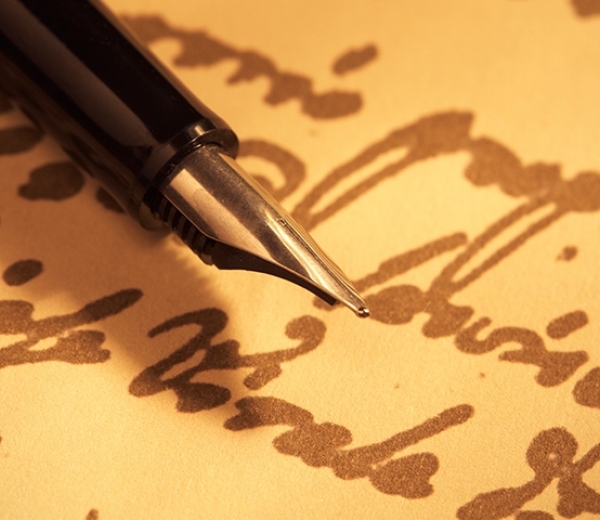My heritage is proof that the Ottoman policy has failed
Marjorie Nanian, United States
My grandfather, Aharon Nanian (more commonly known as Arthur Nanian), escaped the Genocide with the help of a Turkish Pasha who was his neighbor in Kharput. He approached my great-grandfather before the soldiers came to his home and offered to save his youngest son. The Pasha then took my grandfather to his place in Constantinople and later sent him to America with a bag of gold. If I could thank the people who helped save my ancestor, I would write them a “thank you” letter to tell them what happened to the little Armenian boy that the Pasha saved and what his descendants are doing now.
My Armenian heritage is who I am. It defines my place in the world and the continuation of an ancient people. But more so, it is proof that the Ottoman policy of race extermination has failed. My biggest achievement as an Armenian was the establishment of the Armenian-American Bar Association in Michigan. It was the first in the country and had 160 attorneys as members. The one in California was modeled after ours.
Kamo Mailyan, Canada
My Armenian heritage means loyalty to my roots. My biggest achievements are yet to come. If I could extend my gratitude to the people who helped save my ancestors, I would do so through raising awareness.
Melkon Khandjian, United States
It was my father, his sister and his brother who survived the Genocide. The Armenian Volunteer Army and the Russian Army that liberated the population of Van saved them. Once out of danger, they moved to Yerevan, Armenia. My father was an Army officer and managed to support his younger siblings.
I am proud of being Armenian because I am proud of our culture, music, dance, arts and literature that have existed for thousands of years. I am proud to belong to such an ancient nation.
Soseh Yekanians, Australia
Being Armenian means everything to me. Even though my mother escaped from Teheran after the Islamic revolution, my Armenian heritage from my father’s side is rooted in Armenia. I was raised in an Armenian household and spent my entire life living within Armenian traditions, studying the language, embracing its history, reveling in its rich culture and even enduring ridicule for my ethnic looks. Therefore my love for the Armenian culture is ingrained deep within my bones.
I have tried hard to find the trace of my ancestors, even travelled twice to Armenia to do so. At the end of the day whilst we may not have had a direct correlation with someone who escaped the Genocide, theoretically as Armenians we all do, and this acknowledgment is important.
Peter Musurlian, United States
My grandfather Penyanmin, born in Kayseri in 1899, walked through the Syrian Desert with his two brothers, five sisters and their mother. The father of the family was murdered. Everyone else survived the death march except for my grandfather's five sisters, who died along the way. Once out of danger, my great grandmother ended up in Lebanon with one of her sons, and the other two ended up in Racine, Wisconsin. There were many good people who helped Armenians, but I do not know who, if anyone, helped my family.
My heritage means that I feel the need to spend time and money and energy seeking justice for the two million Armenians who lived on their ancestors’ lands in 1915 and, in 1923, did not.
Annig Agemian Raley, United States
My father and his brother, my uncle, were separated from their mother during the Genocide. My father also witnessed the slaughter of his father. The boys were rescued by the Mekhitarist monks and taken to Italy. My uncle and my father were both raised by those monks.
I am proud to carry on the legacy of my father and his art. I am the heir to the artwork he brought to America and the one he has done in the States.

